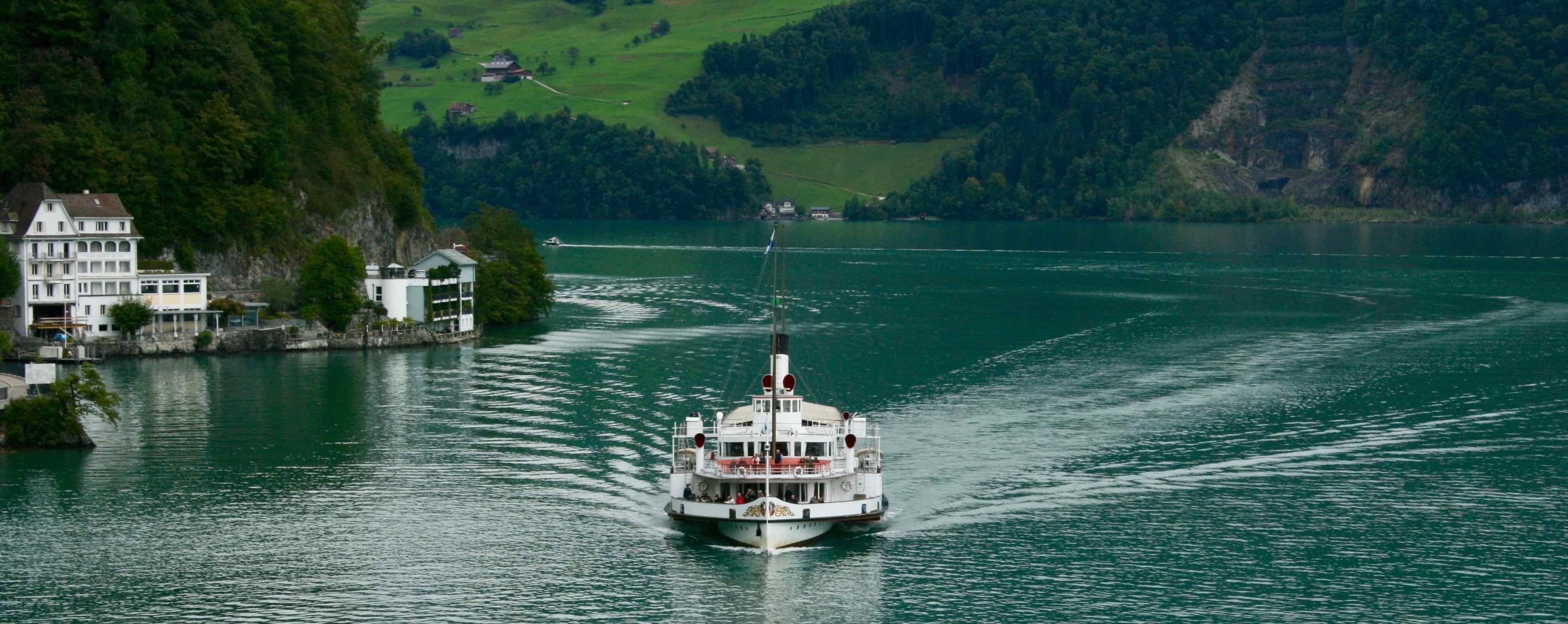Who Rules South Africa?
By Martin Plaut and Paul Holden (Published by Jonathan Ball)
If you wrote a book called, Who Rules the USA? the clamour of conspiracy theorists from David Icke’s collection of lounge lizards to the Twitters of the #Elvisisinthesupermarket followers would be deafening. The book would be a best seller but no one would take it seriously, let alone read it.
But Who Rules South Africa? is taken seriously and read in South Africa. South African-born, Martin Plaut was an advisor on Africa and the Middle East to the British Labour Party from1978 to1984 (spanning the James Callaghan and Michael Foot years) after which he joined the BBC, working primarily on Africa. He was an Associate Fellow of the Royal Institute of International Affairs, leading their Africa research programme and continues to be an active member. He is currently Africa Editor, BBC World Service News and has written, co-written and/or edited seven books. Paul Holden, a South African, is the author of two other books, both dealing with what has become known as ‘the arms deal’: The Arms Deal in your Pocket and The Devil in the Detail.
Conspiracy theories do dribble through this deeply researched book. But at the end of the last page you are faced with some glaring truths. (One of which is that since 1948 South Africans have been ruled by a one-party state with ’democratic trimmings’.)
The simplistic answer to who rules is, of course, the African National Congress (ANC). For the ANC—the ostensible ruler of the country—the state train, however, is beginning to pop a few rivets and may be close to derailment. The tripartite alliance of the ANC, the South African Communist Party (SACP) and the Congress of South African Trade Unions (Cosatu)—the real rulers—are no longer on the same train, let alone the same track.
Plaut and Holden claim the alliance was never really in agreement and was simply bundled onto the same goods wagon by the ANC in exile with no written agreement, no constitution, no minuted meetings and no public accountability. It still operates in this clandestine manner.
Part of the problem in fathoming who runs the country goes back to black economic empowerment (BEE), the murky unstable structures of which are beginning to teeter. They quote businessman Moeletsi Mbeki who derides BEE as a plan by the white economic ‘oligarchs’ to ‘co-opt leaders of the black resistance movement by literally buying them off’. And it seems to have succeeded. By August 2011, ‘about three quarters of Cabinet’s 35 members were found to have financial interests outside their main occupations…’ as did ‘59% of the country’s 400 members of parliament’.
Some say the increasing middle class will stabilise the government and thus play an important role in who rules. Transformation in the public service has been the primary driver of black middle-class growth and continues to do so. The middle class comprises just under 10-million people, of which 50% are black Africans. But the abrogation of power by the middle class—both black and white—means it has become docile.
A 2007 Public Services Commission report on the indebtedness of public servants found that 20% of all public servants had been served with garnishee orders (instituted when a person defaults on a credit repayment which is then serviced by a third party, in this case the State). Business Day columnist Mzukisi Qobo says the complacency of the black middle class is result of the economic security: holding a professional job and having a regular income.
He says, however, the white middle class think it is the job of the black middle class to challenge the government. This, he says, is ‘a convenient escape from individual responsibility to whiteness as a de-legitimated category that can exist politically only as a victim of the black-led ruling party’.
The SACP and Cosatu are challenging the rapaciousness of the BEE elite and the ANC’s ‘cadre deployment’ in key government and economic sectors, stirred by their members call for service delivery. It is feasible these two could form their own opposition party and vote the ANC out of power. But now, the voters—of whatever class—are not the rulers in South Africa, due partly to the mix of proportional representation and cadre deployment.
Plaut and Holden see it is a little more sinister. Zuma has created a cabal of BEE elites, a prejudiced intelligence service tracking political opponents, a compliant Judicial Services Commission and a corrupt police force working hand-in-glove with organised crime to maintain his position of power. He has been able to do this as ruler of the ANC—not as the country’s leader. Parliament and the Cabinet operate very much as does the Chinese National People’s Congress—to rubberstamp the decisions of the ANC’s National Executive Committee (NEC) very much in the manner of the Chinese Politburo.
The influence of China on trade and policy decisions may well mean that the ANC may not respect the power of the ballot box should it lose the elections. And that’s when we’ll really know whether the ANC rules or leads the country.
This review was originally published in the Cape Times.
